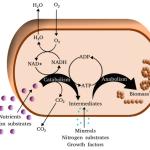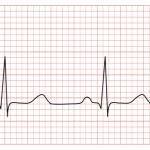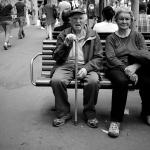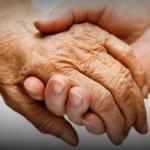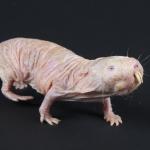“Conrad Hal Waddington became recognized as the last Renaissance biologist.
aging
“Conrad Hal Waddington became recognized as the last Renaissance biologist.
As we mature through infancy, adolescence, adulthood, and our "senior" years, our bodies go through many changes.
For lack of a more sophisticated term, the reason we grow old and die is because our biological tissues “wear out.”
Genome-Wide Association Studies, GWAS, look at the genomic milieu, but the presence or absence of a gene rarely tells the whole story. Genes, need to be transcribed, and ultimately metabolic products are created.
Electrocardiograms, ECGs, are one means of capturing information about the function and structure of the heart by looking at the heart’s electrical activity.
There are several theories to explain why, as we grow old, our physical and mental abilities decline. One belief holds that the small errors made in copying our cells accrue over time and result in our declining abilities and death.
In the fall, the World Health Organization will review the revisions to the eleventh “International Statistical Classification of Disease and Related Health Problems” (ICD-11), and while the title alone can lull you to sleep, it is a document that
With right-to-die legislation in its fledgling stages in the United States, the bioethics surrounding assisted suicide are in play as they haven’t been in the past.
In spite of having a face (and body) that only a mother could love, the naked mole rat, Heterocephalus glaber, (NMR) may provide valuable insights into the processes involved in both aging and cancer since they seem to have a lo




